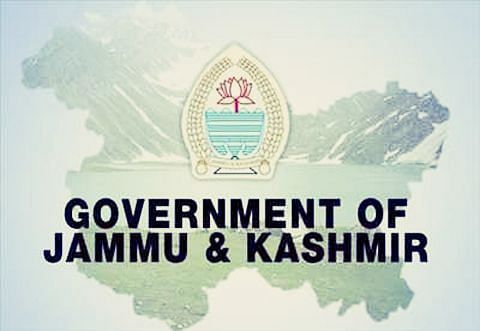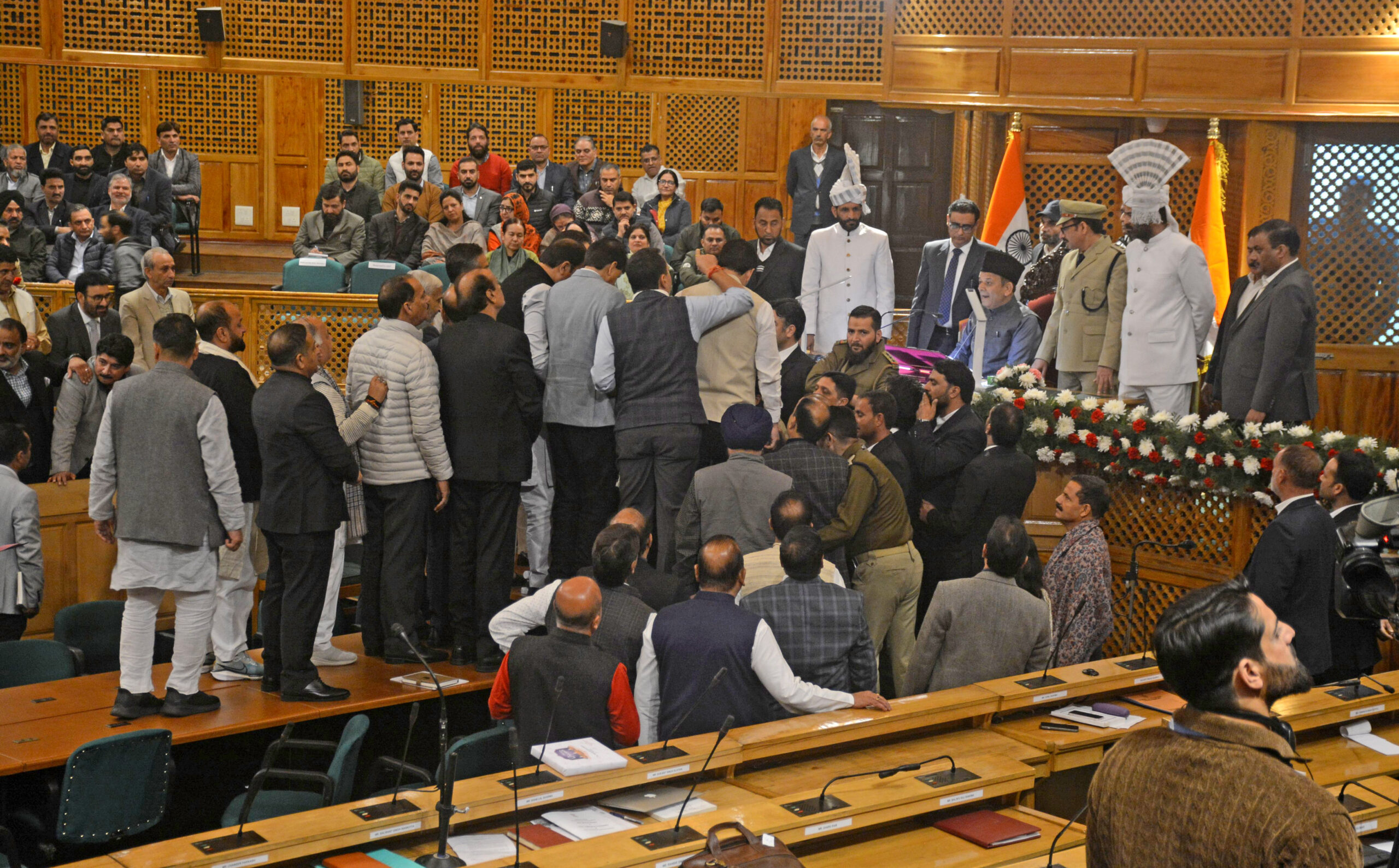NASIR ALI

Srinagar, the summer capital of Jammu and Kashmir, stands as a symbol of natural beauty and cultural richness. However, beneath its picturesque facade lies a city grappling with numerous challenges, particularly concerning basic amenities like water, electricity, and roads. The administration’s initiative to conduct Public Darbars – open forums where citizens can directly interact with government officials – holds significant promise in addressing these pressing issues.
In a continued effort towards addressing public issues and grievances at the grassroots level, administration convenes grievances redressal camps across the UT Jammu & Kashmir. Public Darbars pivotal role of such public outreach programs in bridging gap between the administration and the citizens. The significance of senior government officials engaging directly with the people to assess and address their issues and concerns.
First and foremost, the provision of basic amenities is indispensable for the well-being and development of any community. Water, electricity, and roads form the backbone of a functional society, facilitating economic activities, ensuring public health, and fostering social cohesion. However, in Srinagar, these essentials are often marred by inefficiencies. Residents frequently endure erratic water supply, prolonged power outages, and dilapidated roads, significantly hampering their quality of life.
Public Darbars offer a crucial platform for citizens to voice their concerns directly to the administration. By fostering open dialogue and engagement, these forums empower individuals to articulate their needs, grievances, and suggestions effectively. Unlike traditional bureaucratic channels, where communication often gets lost or delayed, Darbars enable real-time interaction, ensuring immediate attention to pressing issues. Moreover, the transparency inherent in these forums cultivates trust between the government and the public, vital for fostering a sense of ownership and accountability in addressing community challenges.
Water scarcity remains a persistent issue in Srinagar, both in and during the dry summer months. Many neighborhoods face irregular water supply, forcing residents to rely on alternative sources or expensive private tankers. Public Darbars can serve as a platform to discuss water distribution mechanisms, identify leakages in the supply chain, and explore sustainable solutions such as rainwater harvesting and efficient water management practices. Furthermore, citizens can raise concerns about water quality and sanitation, prompting authorities to undertake necessary measures to ensure safe and hygienic drinking water for all.
Electricity shortages pose another significant challenge in Srinagar, disrupting daily life and hindering economic activities. Frequent power cuts not only inconvenience residents but also affect essential services like healthcare and education. Through Public Darbars, citizens can advocate for improved power infrastructure, demand better maintenance practices, and propose alternative energy solutions such as solar power to mitigate dependence on the grid. Additionally, discussions on energy conservation and awareness campaigns can promote responsible consumption habits, reducing the burden on the existing power infrastructure.
The state of roads and transportation infrastructure in Srinagar also warrants urgent attention. Pothole-riddled streets, inadequate drainage systems, and traffic congestion are common grievances voiced by residents. Public Darbars provide a platform to address these concerns comprehensively. Authorities can outline plans for road repairs, drainage upgrades, and traffic management initiatives in consultation with the community. Moreover, citizens can contribute valuable insights based on their local knowledge, helping prioritize critical areas for infrastructural development and maintenance.
Beyond water, electricity, and roads, Public Darbars can encompass a wide range of basic amenities crucial for enhancing the quality of life in Srinagar. Issues like healthcare access, education facilities, waste management, and public safety can all be addressed through these forums. By bringing together diverse stakeholders, including government officials, community leaders, and civil society organizations, Darbars facilitate holistic discussions and collaborative problem-solving approaches.
However, the success of Public Darbars hinges on effective implementation and sustained engagement. It is imperative for the administration to ensure the inclusivity and accessibility of these forums, particularly for marginalized communities and remote areas. Measures such as providing translation services, accommodating diverse schedules, and utilizing digital platforms can broaden participation and representation in Darbars.
Additionally, the outcomes of these forums must translate into tangible actions and policy reforms. Government officials should demonstrate a genuine commitment to addressing the concerns raised during Darbars by allocating resources, implementing projects, and monitoring progress effectively. Furthermore, mechanisms for feedback and accountability should be established to track the impact of interventions and address any emerging issues promptly.
Public Darbars represent a promising initiative to address the pressing need for basic amenities in Srinagar. By fostering open dialogue, promoting transparency, and enabling community participation, these forums hold the potential to drive meaningful change and improve the quality of life for all residents. However, their success will ultimately depend on the commitment of the administration, the active engagement of citizens, and the sustained collaboration between all stakeholders involved.


